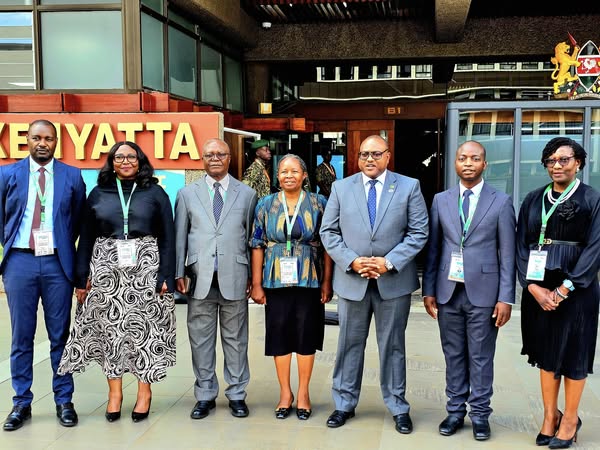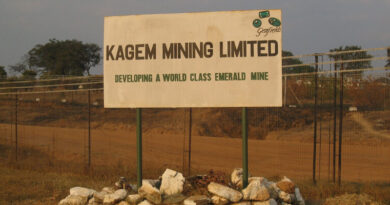COMESA Launches Groundbreaking Digital Platform to Transform Regional Payments
The Common Market for Eastern and Southern Africa (COMESA) has officially launched its Digital Retail Payment Platform (DRPP), a move hailed as a “game changer” for regional trade. Officials emphasised the urgent need for member states to harmonise regulatory and tax systems to ensure the platform’s success.
The DRPP is designed to enable individuals and businesses to make instant, secure, and affordable cross-border payments in their own local currencies. The pilot project begins with the Zambia–Malawi corridor.
Honourable Leiting Njoroge, Kenya’s Cabinet Secretary for Investment, Trade, and Industry, highlighted the platform’s potential impact on the region’s economy. “MSMEs account for about 80% of businesses and provide nearly 60% of employment across our member states. By starting with the Malawi–Zambia corridor, we are demonstrating how traders can exchange value seamlessly without relying on scarce foreign currency,” he said.
“This platform reduces costs, shields businesses from currency volatility, and most importantly, opens the door for SMEs, women, and the youth to participate more meaningfully in regional trade,” he added.
Dr Brilliant Habeenzu, Zambia’s Permanent Secretary of Technology and Science, explained the DRPP’s mission, stressing its role in promoting economic growth. “Our aim is to simplify the payment system within COMESA. Currently, micro, small, and medium enterprises face slow and costly cross-border payments. This digital platform will make transactions easier, faster, and less expensive,” he said.
Dr Habeenzu defended the timing of the launch despite challenges such as limited ICT connectivity. “We will not have any better time. If we do not act now, we risk slowing economic growth,” he stated.
While celebrating the digital breakthrough, officials noted that the platform’s long-term success depends on political will across the 21 member states to integrate existing regulatory environments.
Mr Anthony Undi, Board Chair of Zamtel, the Zambian mobile network operator piloting the platform, urged deeper regional cooperation. “For the DRPP to reach its full potential, COMESA must harmonise systems. Issues such as taxation and foreign exchange controls remain. Addressing these regulatory challenges is critical,” he said.
Mr Undi also confirmed that the DRPP allows people to send money instantly across borders, a first for mobile network operators that previously operated in “silos.” The platform supports payments in local currency, handling conversion to the recipient’s currency.
The call for regulatory alignment underscores a central challenge for COMESA: ensuring that technology can operate seamlessly even where policy has not yet caught up. With the DRPP in its trial phase, the focus now shifts to achieving the political and legal integration necessary to unlock full regional financial connectivity.
Zambia was represented at the 24th COMESA Heads of State and Government Summit in Nairobi by the Minister of Foreign Affairs and International Cooperation, Honourable Mulambo Haimbe, S.C., M.P.
The prominent role of Zamtel in this initiative highlights the mobile operator’s remarkable corporate turnaround. Once technically insolvent, the state-owned firm has returned to profitability following aggressive debt restructuring and strategic alignment with President Hakainde Hichilema’s vision for a digitally viable Zambia.



